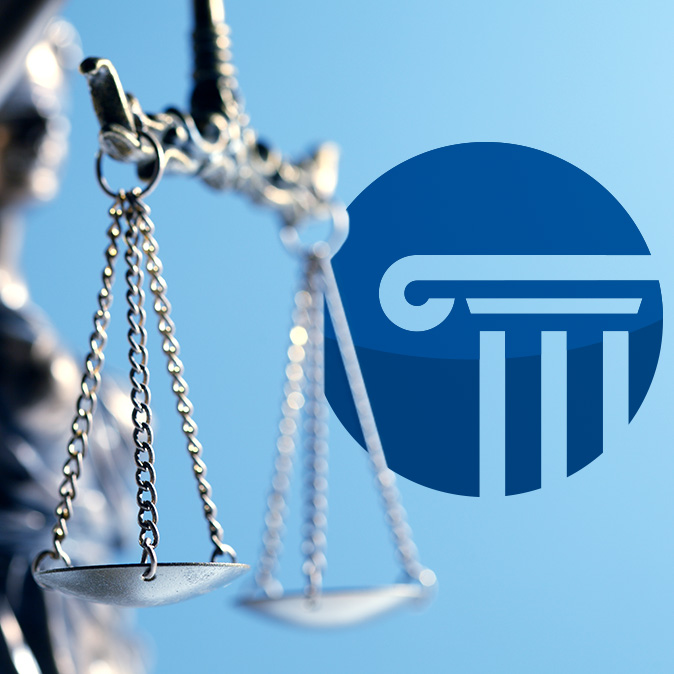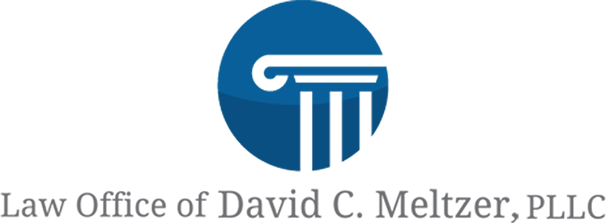
Jacksonville Chapter 7 Bankruptcy Attorney
If you are struggling with overwhelming debt, you may be wondering what your options are. While many people are hesitant to pursue bankruptcy, it may be the best way to get a fresh start. Chapter 7 bankruptcy, also known as liquidation, can help you eliminate most of your debt and get your finances back on track. At The Law Office of David C. Meltzer, PLLC, we have the knowledge and experience to guide you through the Chapter 7 process. We can help you get the fresh start you deserve.
If you are interested in learning more about how Chapter 7 bankruptcy can help you, contact our Jacksonville Chapter 7 bankruptcy lawyer at (904) 418-7454 to schedule a free initial consultation.
Chapter 7 Eligibility
To qualify for Chapter 7, you must pass the "means test" to prove that you do not have the ability to repay your debts. If you pass the means test, you will not have to repay your unsecured creditors.
If you do not pass the means test, you may still qualify for Chapter 7 if:
- You have little disposable income
- Your debts are primarily consumer debts
- You have few assets
If you have significant assets or debts, you may be better off filing for Chapter 13 bankruptcy. We can help you determine if you are eligible for Chapter 7, and if not, what your other debt relief options are.
What Is the Means Test?
The means test determines your ability to repay your debts. This “test” is based on your income and expenses. You must pass to qualify for Chapter 7 bankruptcy.
The means test requires you to:
- Calculate your current monthly income
- Subtract your allowable living expenses
- Compare your current monthly income to the median income for a similar household in the state
If your income is less than the median income, you automatically pass the means test. If your income is higher than the median, you must calculate a certain percentage of your disposable income to determine what percentage of your debt you can afford to repay.
You may be able to pass the means test if your disposable income is far below the median. If your disposable income is close to the median, you may be better off filing for Chapter 13 bankruptcy.
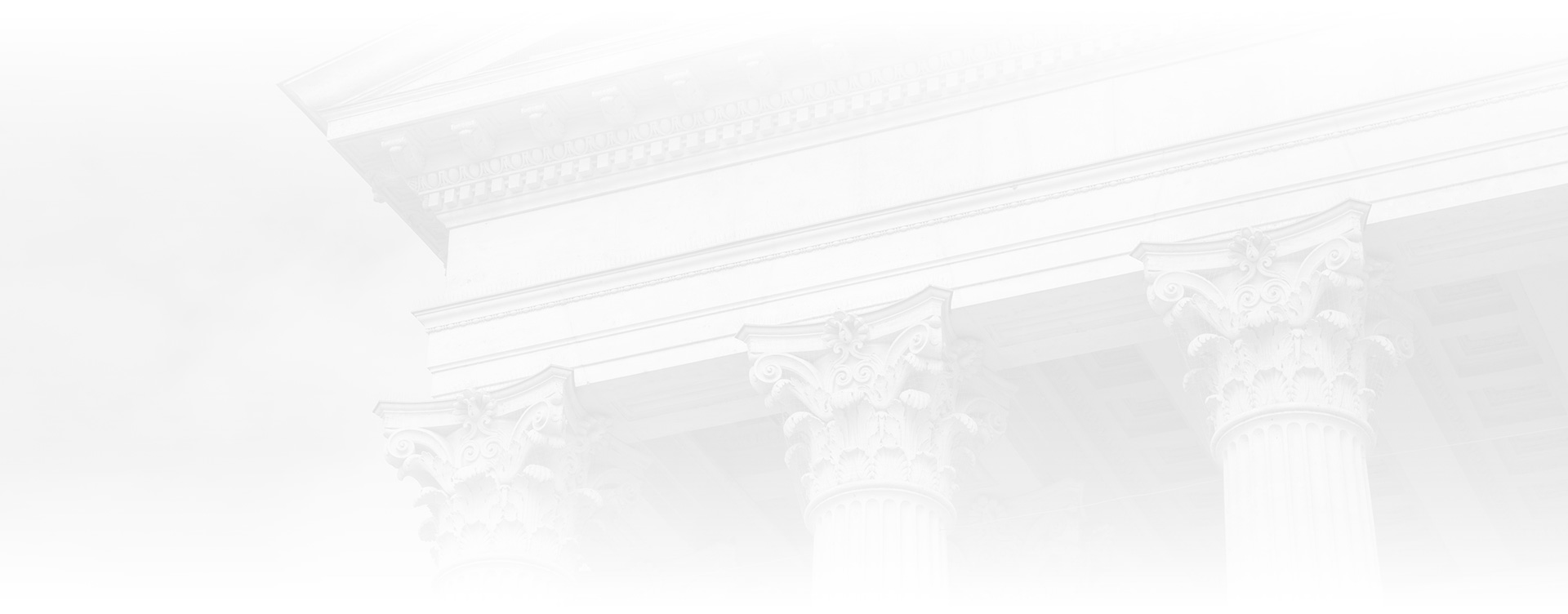
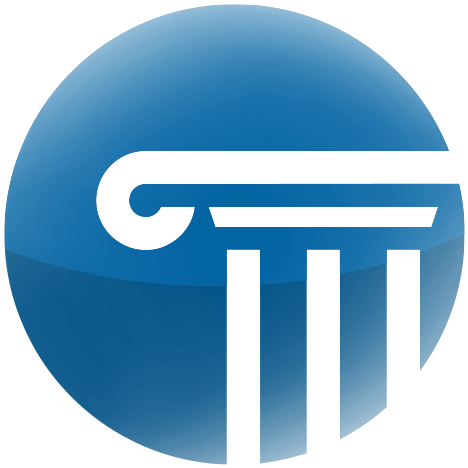

Guidance. Experience. Compassion.
Reviews & Testimonials
Hear what clients are saying about The Law Office of David C. Meltzer, PLLC
-
Outstanding in Explaining and Maintaining Communication
“He was responsive and responded to calls and emails promptly, in many cases answering the phone directly. He makes sure you have what you need and when you have court he makes sure you understand the process before, during and after.”- Emperor K.

The Law Office of David C. Meltzer, PLLC Is The Right Choice to a Fresh Start

Commonly Asked Questions
-
An automatic stay is a court order that comes into effect as soon as you file for bankruptcy. It provides immediate relief by halting all collection actions by creditors. This means that foreclosures, repossessions, wage garnishments, and lawsuits against you must stop. This gives you breathing room to reorganize your finances and work on discharging your debts without the constant pressure from creditors.
-
Filing for bankruptcy can lead to the discharge of many unsecured debts, such as credit card debt, medical bills, and unpaid utility bills. However, not all debts can be eliminated through bankruptcy. Our attorneys at The Law Offices of David C. Meltzer, PLLC can provide guidance on which debts you may be able to discharge and help you understand the relief you can expect from the bankruptcy process.
-
Chapter 7 bankruptcy is designed for individuals with limited disposable income who cannot pay off their unsecured debts. It involves liquidating non-exempt assets to pay creditors and discharging remaining eligible debts. Eligibility is determined by the means test, which assesses your income and expenses. Our attorneys can help you understand if you qualify for Chapter 7 and assist in protecting your exempt assets, such as home equity and retirement accounts, during the process.
-
The key difference between Chapter 7 and Chapter 13 bankruptcy lies in the handling of assets and repayment of debts. Chapter 7 is suitable for those with little disposable income and involves liquidating non-exempt assets to pay creditors. Chapter 13, on the other hand, is for individuals with regular income who can repay a portion of their debts through a structured repayment plan over three to five years. Our attorney can help you decide which type of bankruptcy is more appropriate for your situation.
